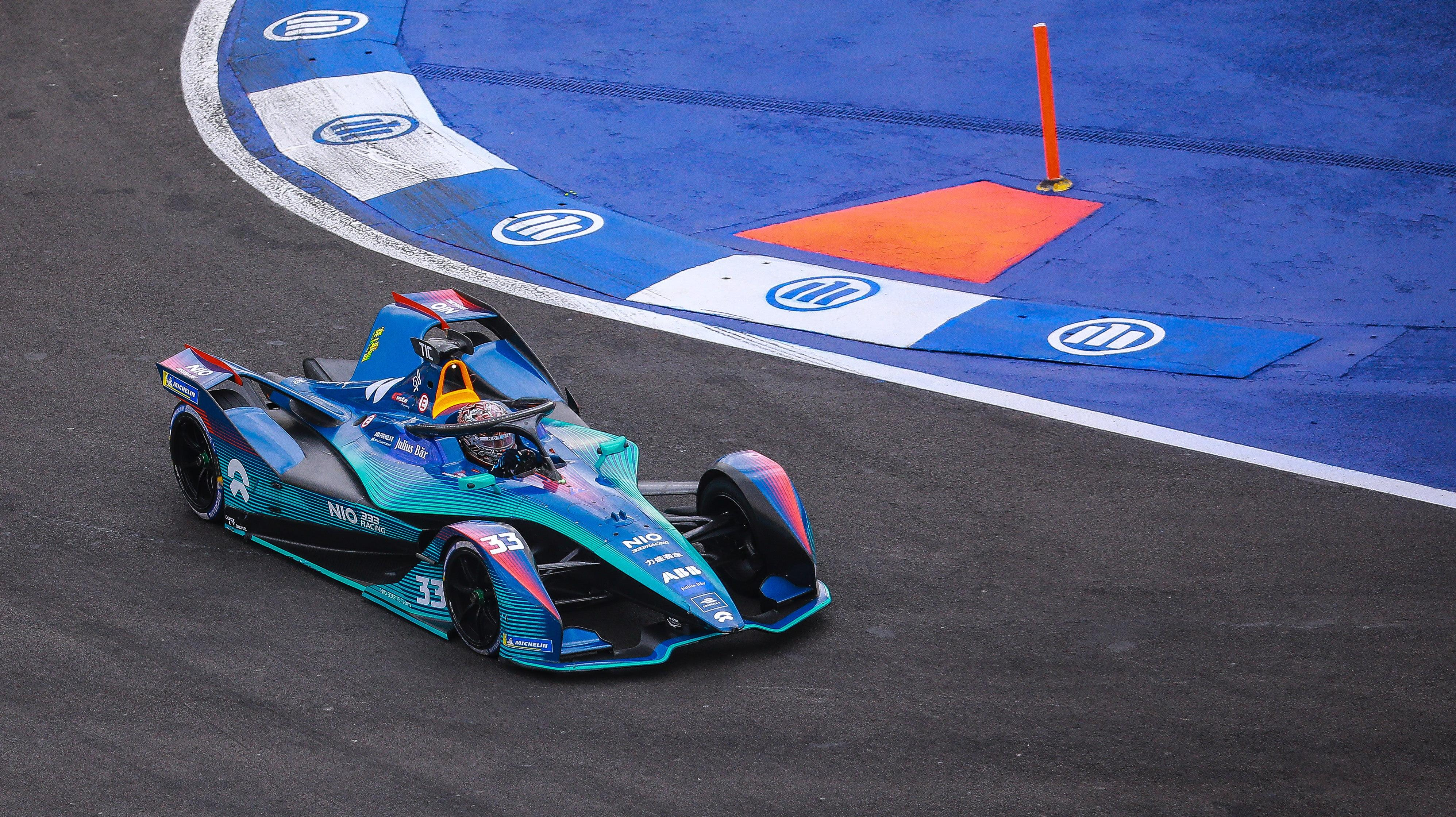Why Battery Technology Is So Important, As Per One Formula E Chief Technical Officer
And why the perception of electric racing is changing
Battery technology has evolved rapidly since Formula E, the first-ever all-electric open-wheel racing series, hit the track for the first time in 2014. Skepticism reigned — but the evolution of battery technology has also been unmatched.
While in Mexico City for this year's ePrix, I had a chance to sit down with Duncan Laycock, the Chief Technical Officer of the NIO 333 team. Laycock has plenty of experience in the racing world. From touring cars to rallying to sports car racing, Laycock has made the rounds and found a home in FE's electric-powered competition.
"Electric racing is inevitably limited by the range capabilities of [the battery]," Laycock said in the interview with Jalopnik. "It's a fair way off, I would say, before we have electric Le Mans."
But the very fact that the concept of electric Le Mans is even on the table has come down, in large part, to Formula E's legitimizing of electric motorsport.
"I think when [FE] first started, there was a skepticism about the batteries," Laycock said. "And certainly I was involved with some projects in the past where we had thermal runaways, but then the technology was in its infancy then. Nowadays it's really robust. The infrastructure that's in place for the transportation of them, the battery monitoring systems that they have on board, all of the shutdown procedures, and the discharge procedures that we have on the car, really means it is quite robust."
The biggest concern that remains, Laycock offered, are the turnaround times when it comes to restoring battery's charge.
"That's a technology that's kind of in its infancy," he said of rapid charging capabilities. "But then you think back to the early days, where you actually had to swap a car, it shows you how [technology] moves on.
"But until you pursue an avenue and you start developing, it will never fulfill what people hope it will fulfill."
That is, in large part, why Formula E's next machines — the Gen 3 cars — will come with rapid charging capabilities that will enable mid-race pit stops to top up on power. A seemingly innovative series when it first appeared, FE's first seasons now look silly due to the rapidly evolving nature of battery technology. It's just as likely that, a decade from now, we'll look back on the introduction of fast charging through a similar lens.
And that tech naturally translates to the real world, with automakers developing higher powered and more capable batteries based on the efforts of a series like Formula E.
